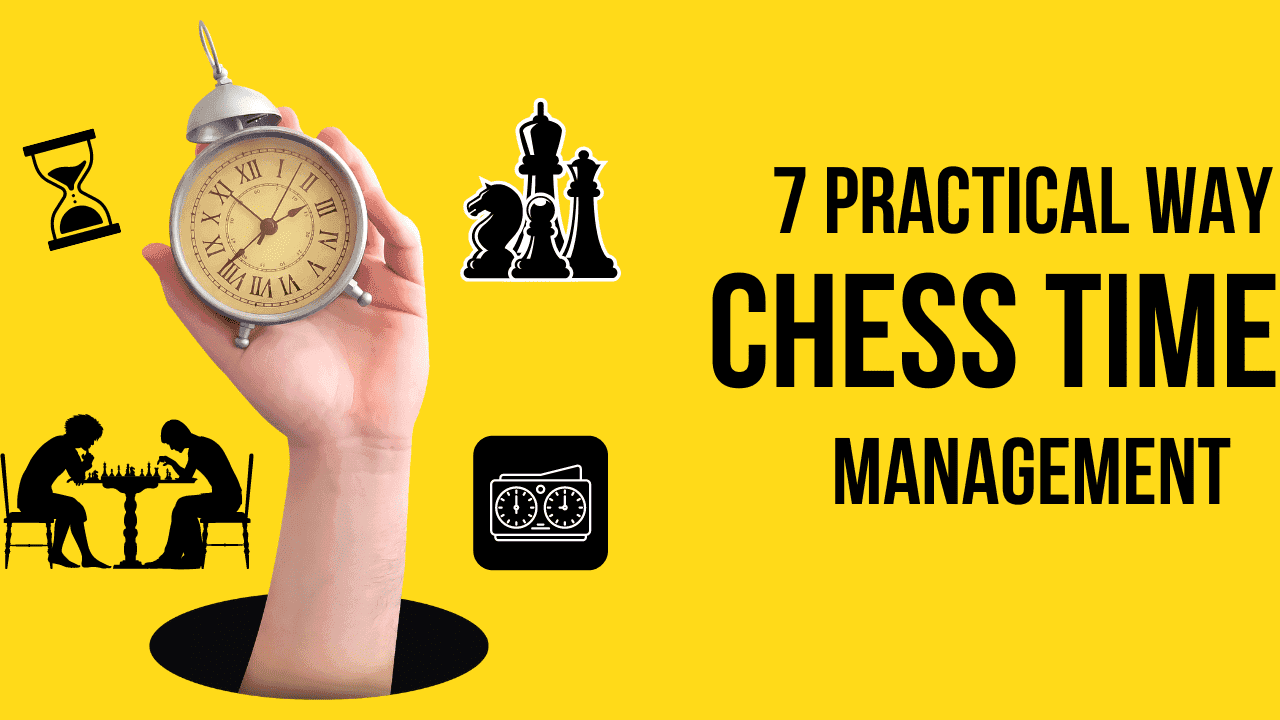Introduction
Chess is a game that requires not only strategy and critical thinking but also effective time management. In a tournament setting, where each move counts, managing your time wisely can be the difference between victory and defeat. This article will explore strategies for mastering chess time management, equipping tournament players with the skills they need to make the most of the limited time available.
1. Understand the Time Control
To effectively manage your time during a chess tournament, it is crucial to thoroughly understand the time control rules. Study the specific time controls for the tournament you are participating in, whether it follows a traditional time control or uses time increments. Being familiar with the time control will allow you to allocate your time wisely and make informed decisions throughout the game.
Tips:
- Review the official tournament guidelines to familiarize yourself with the time control.
- Practice playing games with the designated time control to get comfortable with the pace.
2. Develop a Pre-Game Routine
A consistent pre-game routine can significantly improve your time management skills. Develop a routine that includes activities such as analyzing previous games, visualizing potential scenarios, and reviewing opening moves. Having this routine in place will help you focus and achieve a productive mindset before each game, enabling you to make better use of your playing time.
Tips:
- Allocate time for specific activities in your routine, ensuring you have a manageable balance.
- Experiment with different techniques until you find a routine that works best for you.
3. Identify Critical Moments
During a chess game, certain moments require more careful consideration than others. Identifying these critical moments is essential for efficient time management. Take time to analyze positions where important decision points arise, such as complex tactics or major positional achievements. Prioritizing these moments will ensure you allocate ample time for thorough analysis, reducing the chance of costly mistakes.
Tips:
- Develop your ability to recognize critical moments by studying master games and solving tactical puzzles.
- Train yourself to resist the temptation to spend excessive time on unimportant moves.
4. Use the “Thinking Plan”
Employing a structured thinking plan can help you make better decisions efficiently. A popular thinking plan is the “five-step thinking process,” which involves assessing the position, identifying possible moves, evaluating alternatives, calculating specific variations, and finally making a move. By following a systematic approach, you can avoid time-consuming wandering and stay on track during the game.
Tips:
- Practice using the five-step thinking process during training games to develop familiarity with it.
- Refine your thinking plan to suit your playing style and preferences.
5. Avoid Time Trouble
Time trouble can be disastrous in chess, leading to rushed decisions and blunders. To avoid finding yourself in this situation, it is crucial to keep a consistent pace throughout the game. Allocate your time effectively for each move, allowing for a buffer to handle unexpected complications. By staying mindful of the clock, you can reduce stress and maintain the clarity of thought necessary to make sound moves.
Tips:
- Practice playing games with a chess clock to improve your internal timing.
- Develop the discipline to make timely decisions rather than obsessing over finding the perfect move.
 6. Review and Reflect
6. Review and Reflect
After the game, take the time to review and reflect on your time management techniques. Identify areas where you struggled or experienced time pressure. By learning from each game, you can refine your time management strategies and continue to improve. Additionally, reviewing your games allows you to spot patterns, identify strengths and weaknesses, and develop tailored strategies for future matches.
Tips:
- Analyze your games with the assistance of computer engines and experienced players.
- Make notes of time management insights for future reference.
 7. Practice, Practice, Practice
7. Practice, Practice, Practice
Effective time management in chess is a skill that can be honed through consistent practice. Whether it’s playing training games, participating in tournaments, or solving puzzles under time pressure, the more you expose yourself to time-constrained scenarios, the better you will become at managing your time effectively. As the saying goes, practice makes perfect – and mastering chess time management is no exception.
Tips:
- Allocate dedicated practice sessions for time management drills.
- Participate in different time control tournaments to expose yourself to varying playing paces.
 Conclusion
Conclusion
Mastering chess time management is a vital skill for tournament players. By understanding the time control, developing a pre-game routine, identifying critical moments, using a structured thinking plan, avoiding time trouble, reviewing games, and practicing consistently, players can improve their time management abilities and gain a competitive edge. Remember, the importance of time management in chess cannot be overstated – it is the key to success on the tournament stage.








